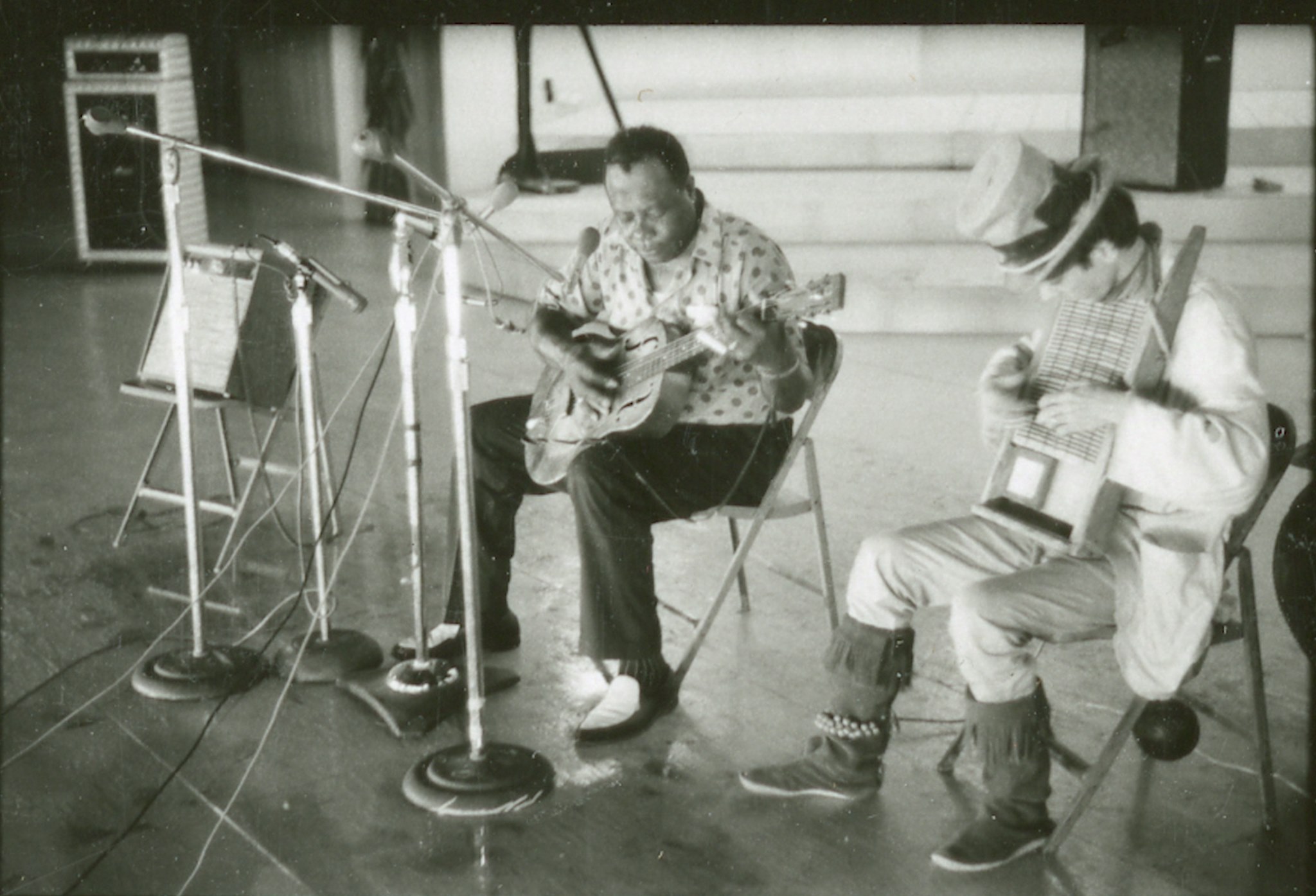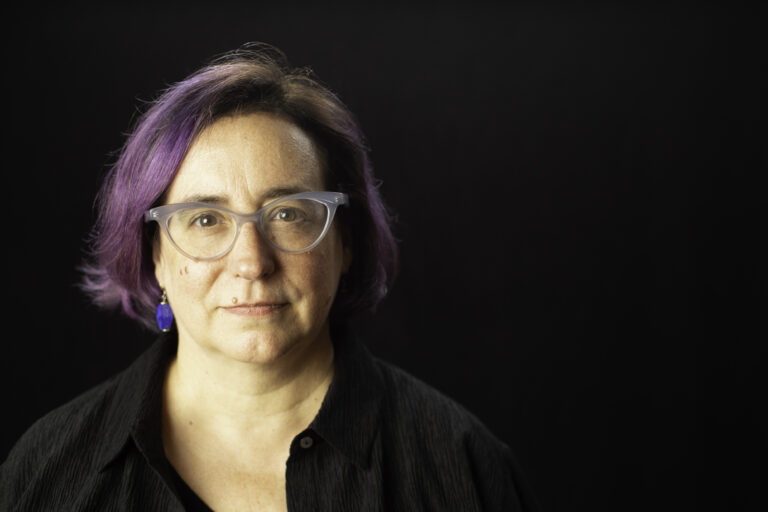

The Blues Society, directed by Dr. Augusta Palmer, will have a week-long run of screenings at Firehouse Cinema in NYC from Friday, May 24 through Thursday, May 30. Dr. Palmer is attending select screenings to introduce the film and conduct a Q&A session afterward.

This feature-length documentary reevaluates the life of the Memphis Country Blues Festival through the lens of race, the counterculture of the ‘60s, and the genre of Memphis blues. It includes interviews with a diverse cast of festival participants and commentators like Dom Flemons, Zandria Robinson, Jamey Hatley, Jim Dickinson, Sid Selvidge, Nancy Jeffries, and the words of Bob Palmer as voiced by Eric Roberts.
The Memphis Country Blues Festival (1966-1969) all started with a $65 check, a ball of hashish, and a bunch of white bohemians who set out to rediscover forgotten bluesmen of the early 20th century.
“I didn’t want to just make a concert film,” said director Augusta Palmer. “I loved the arc of the story. The initial stake was guitarist Bill Barth’s baseball-size chunk of hash and guitarist Jim Dickinson’s sixty-five-dollar check from a Sun Studios session. It was white and black musicians playing together during the height of the civil rights era. The KKK held a rally in that same public park a few days before. I wanted to understand what this moment meant to the people involved.”
The film follows the festival from its start in 1966 as an impromptu happening, through a period of cross-pollinization with New York’s East Village scene, and up to the 1969 festival, which mushroomed into a three-day event. It garnered substantial print and television coverage, including an appearance on Steve Allen’s national PBS show, Sounds of Summer.

The Blues Society tells the story of blues masters like Furry Lewis, Nathan Beauregard, and Rev. Robert Wilkins—who had attained fame in the 1920s and 1930s but lived in obscurity by the 1960s. It’s also the story of a group of white artists from the North and the South who created a celebration of African American music in a highly segregated city.
The film’s genesis began as a family affair for director Dr. Augusta Palmer. She grew up in Little Rock, Arkansas, went to Rhodes College in Memphis, and Sarah Lawrence College, before settling in Brooklyn. Her father, Robert Palmer, was a founding organizer and player in the festival, and her mother was also there tearing tickets.
“I officially started working on this film in 2016,” she said, “but you could say I’ve been working on it for all my life. When that woman makes a speech at the end, where she’s saying, ‘Why can’t you just pay for your tickets people?’ to people who snuck in. That’s my mom. She was pregnant with me when she made that speech. So, I kind of went to the 1969 Memphis Country Blues Festival. I didn’t know my dad very well until I was a teenager, but this festival was a big part of his life.”
Robert Palmer later went on to become a music critic for the New York Times and Rolling Stone and authored the seminal blues history book Deep Blues—which in turn inspired the 1991 documentary Deep Blues: A Musical Pilgrimage to the Crossroads.
2023 Trailer The Blues Society from Cultural Animal on Vimeo.
Music executive and Memphis Country Blues Fest organizer Nancy Jeffries was approached by Gene Rosenthal with 16mm footage of Memphis Country Blues Festival that he shot and kept in his basement. Jeffries brought Palmer on board after seeing her feature film The Hand of Fatima. They began developing the film in 2013, but the project stagnated due to rights issues and conflicting ideas on what this film should be. A few years later, Fat Possum Records bought the footage and put together the 2019 concert film Memphis ’69: The 1969 Memphis Country Blues Festival, and were generous enough to offer her access to the footage.
Palmer made it a point to bring in diverse voices to give this film a historical context. Memphis writer and filmmaker Jamie Hatley talked about when she wanted to separate herself from images of poverty in the blues, and that it took her a while to come around to appreciating the genre. Henry Nelson, a black man from West Memphis, Arkansas, hoped he could get a ride to Woodstock, but wound up at the Memphis Country Blues Festival. Don Flemons discussed how the blues lost its appeal for young African Americans as we move into the more radical Black Panther era.
We all love the idea that music conquers all. Everyone can appreciate the blues music in this film, but love for this music didn’t cure white supremacy, and white blues fans were part of a power structure that took advantage of black artists. I love the enthusiasm of that white hippy idealism, but the rules were much more stringent back then. There were segregated bathrooms for employees at the bandshell. Racial inequality has become more and more clear to the nation since the pandemic. We’ve come a long way, but still have a long way to go.
Augusta Palmer
The Blues Society premiered Indie Memphis and won the Audience Award, won best Doc Feature at the Oxford Film Festival, and will have theatrical runs in New York City, Memphis, Columbus, Ohio, and Portland before being released to streaming services this summer.
Tickets for its New York City run are available now.
The post ‘The Blues Society’ Documentary Announces Screenings at the Firehouse Cinema in NYC appeared first on NYS Music.








